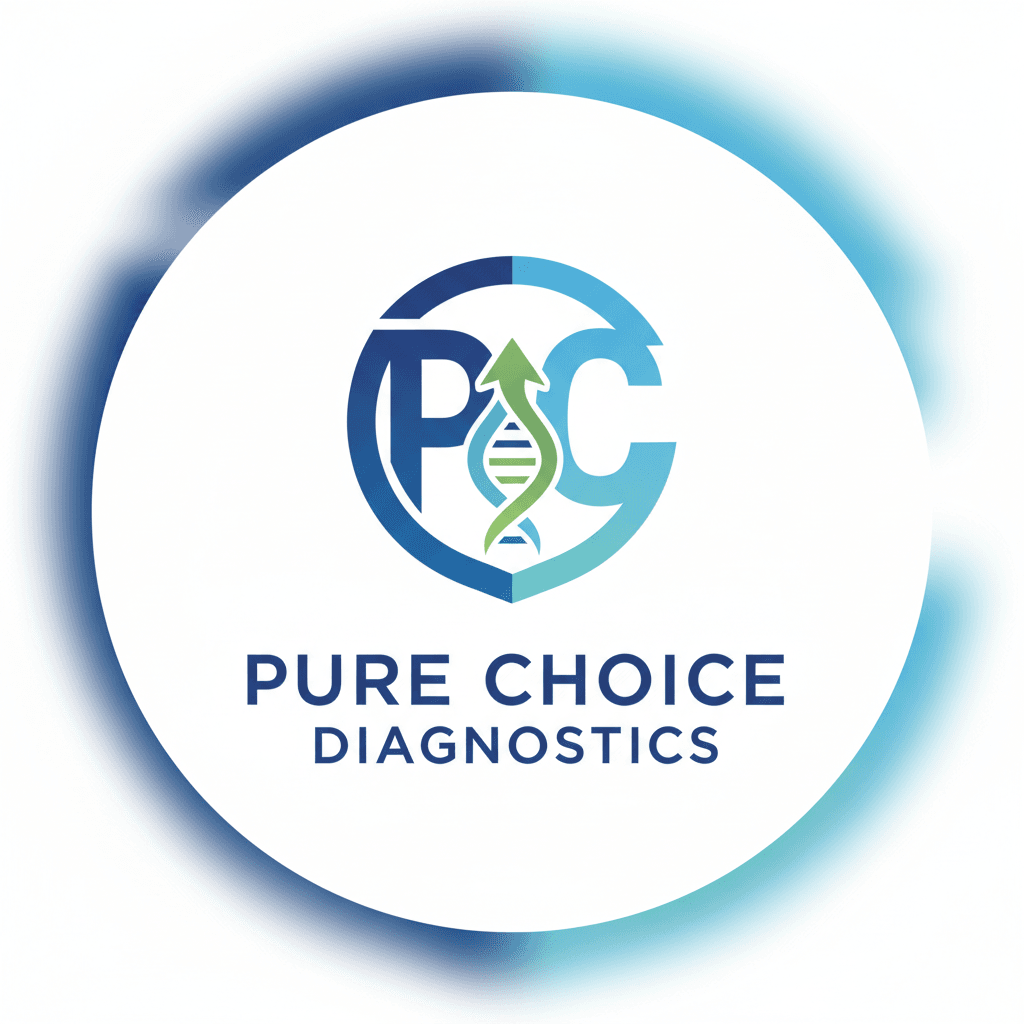How Genetic Testing Can Inform Your Health Decisions
Introduction to Genetic Testing
Genetic testing has become a powerful tool in modern healthcare, offering individuals insights into their genetic makeup. By analyzing your DNA, these tests can provide valuable information about your health, risk factors for certain diseases, and potential responses to medications. Understanding these aspects can empower you to make informed decisions about your health and lifestyle.

How Genetic Testing Works
Genetic testing involves examining your DNA—usually obtained from a blood sample, saliva, or cheek swab—to identify changes or mutations that may indicate a predisposition to certain health conditions. Laboratories analyze specific genes to detect known markers associated with diseases. The results can reveal whether you carry genes that might increase your risk for conditions like cancer, heart disease, or diabetes.
Benefits of Genetic Testing
One of the primary benefits of genetic testing is the ability to take proactive steps in managing your health. By identifying potential risks early, you can implement lifestyle changes or start preventive measures to reduce the likelihood of developing certain conditions. Additionally, genetic testing can guide personalized treatment plans, ensuring that you receive the most effective care tailored to your genetic profile.

Informed Health Decisions
Armed with the knowledge from genetic testing, you can make more informed health decisions. For instance, if you discover a higher genetic risk for heart disease, you might choose to adopt a heart-healthy diet, increase physical activity, and monitor your heart health more closely with regular check-ups. Such proactive measures can significantly influence your long-term health outcomes.
Genetic Counseling
After receiving genetic test results, it can be beneficial to consult with a genetic counselor. These professionals can help interpret the findings and provide guidance on the potential implications for your health and family planning. A genetic counselor can also assist in understanding complex results and advise on the next steps.

Limitations and Considerations
While genetic testing offers many advantages, it is important to understand its limitations. Not all genetic tests are comprehensive, and they may not detect every possible mutation associated with a disease. Additionally, having a genetic predisposition does not guarantee that you will develop a condition, as environmental factors and lifestyle choices also play significant roles.
The Future of Genetic Testing
The field of genetic testing is rapidly evolving, with advancements in technology continually expanding our understanding of genetics and its impact on health. As research progresses, we can expect more accurate tests and broader applications in personalized medicine. This evolution promises to revolutionize how we approach healthcare, making it more precise and individualized.
In conclusion, genetic testing is a valuable tool in modern medicine that can provide critical insights into your health. By understanding your genetic makeup, you can take proactive steps to manage your health and make informed decisions that align with your personal risk factors and health goals.
